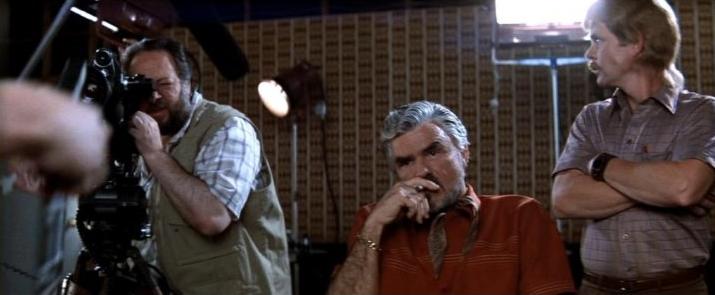| Academy Award Nominations: |
| Best Supporting Actress: Julianne Moore |
| Best Supporting Actor: Burt Reynolds |
| Best Original Screenplay: Paul Thomas Anderson |
|
| Golden Globe Nominations and Winners: |
| Best Supporting Actress: Julianne Moore |
| ★ | Best Supporting Actor: Burt Reynolds |
|
| Other Awards: |
| New York Film Critics Circle: Best Supporting Actor (Reynolds) |
| Los Angeles Film Critics Association: Best Supporting Actress (Moore); Best Supporting Actor (Reynolds); New Generation Award (Anderson; also cited for Hard Eight) |
| National Society of Film Critics: Best Supporting Actress (Moore); Best Supporting Actor (Reynolds) |
| Boston Society of Film Critics: Best New Filmmaker (also cited for Hard Eight) |
| Satellite Awards: Best Supporting Actress, Drama (Moore); Best Supporting Actor, Drama (Reynolds); Special Achievement Award (Ensemble Cast) |

